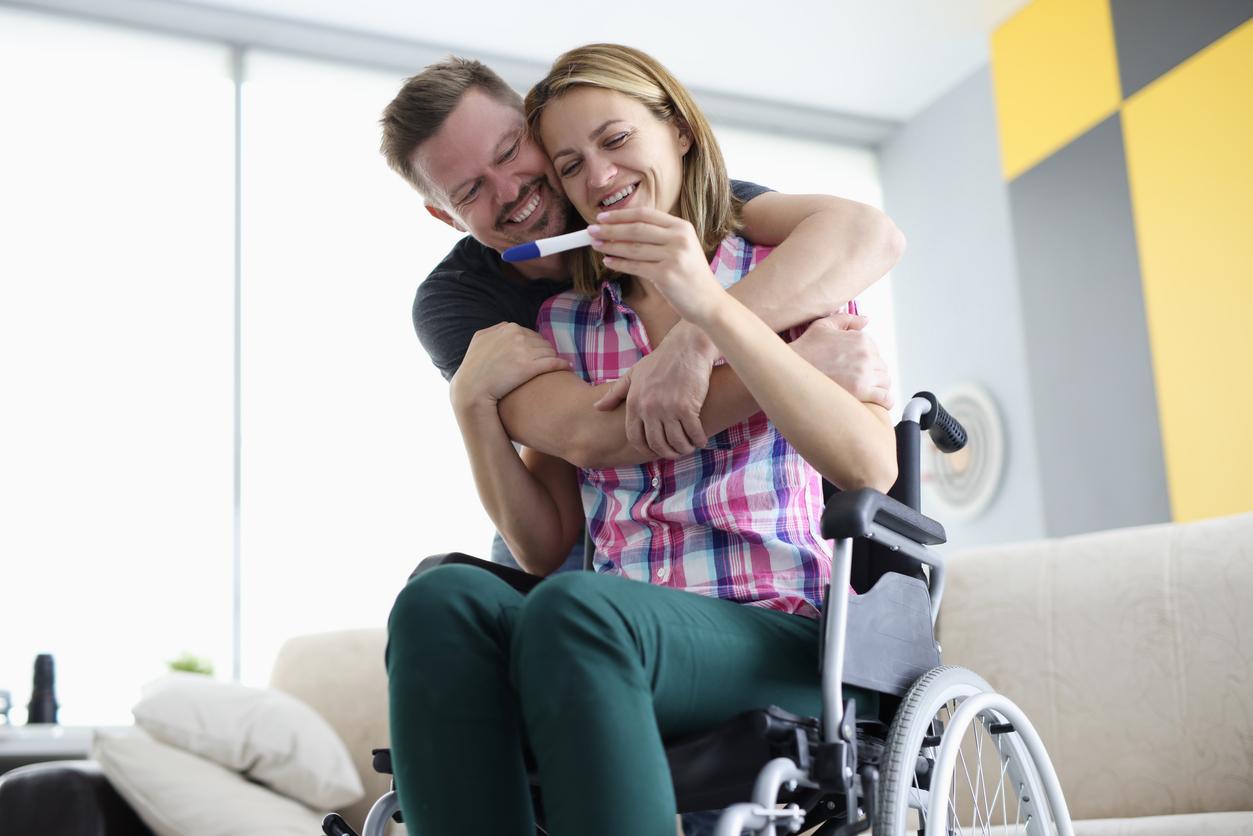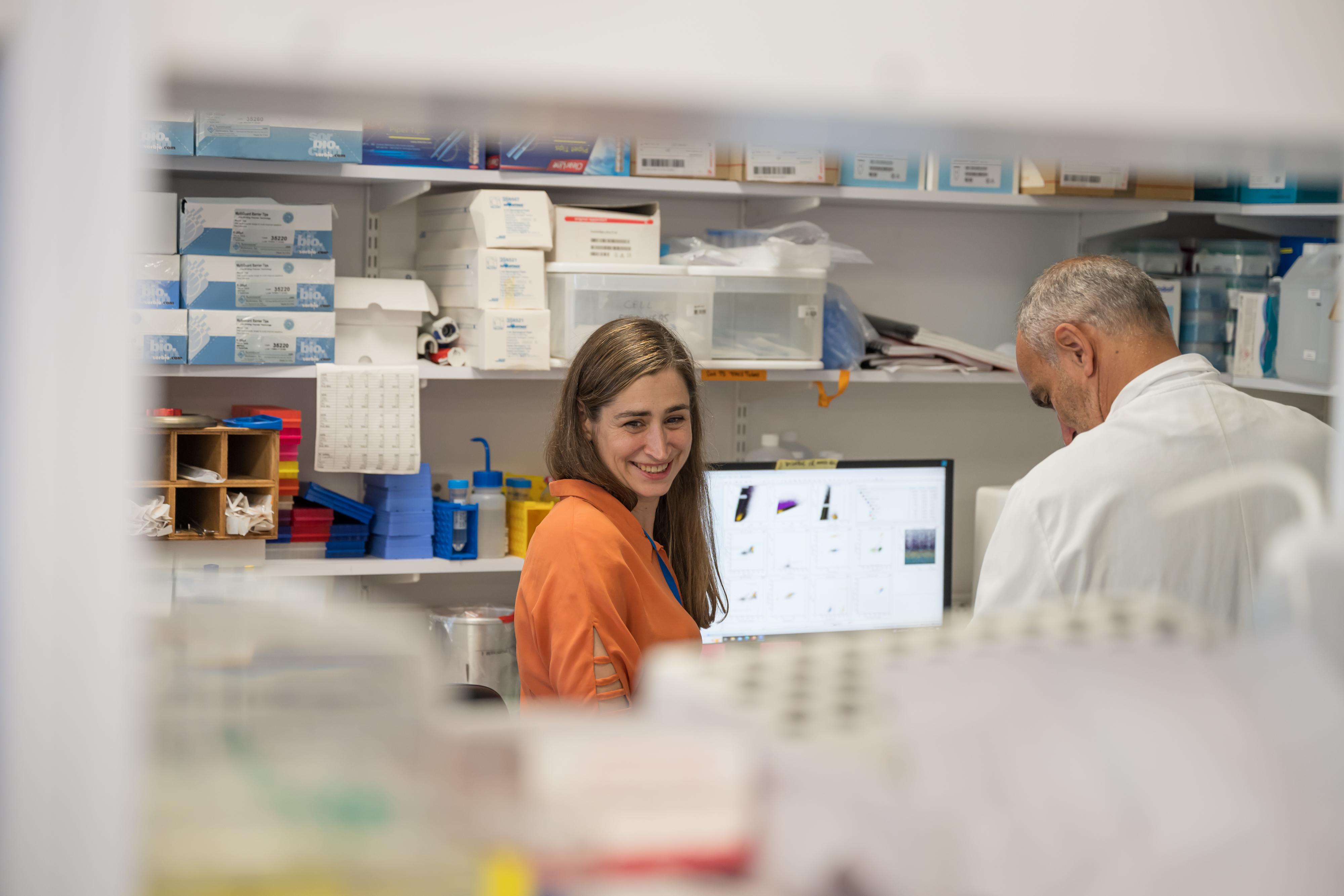A new report highlights the difficulties women with disabilities face during their pregnancy(s).

- Women who suffer from a disability are more likely to encounter complications if they want to have a child.
- This characteristic, for example, increases visits to emergency rooms and the prematurity of babies.
- Many women with disabilities also face negative reactions from those around them when they announce their pregnancy.
1 in 8 pregnant women suffer from a disability, according to a new report. This particularity increases the risk of complications during their pregnancy(ies) and at birth.
Researchers from the IRSS, the University of Toronto Scarborough and the CTSM Mental Health Center have released a new report detailing one of the largest studies conducted to date on disability and pregnancy.
Funded by the National Institutes of Health (United States), the study used health data collected on nearly 150,000 births all occurring in Ontario.
Pregnancy and disability: what are the possible complications?
Overall, 16.3% of women aged 15 to 49 in Ontario had a disability. The most common disabilities were physical disabilities (11%), followed by sensory disabilities (4%), multiple disabilities (1%), and developmental disabilities (0.4%).
Emergency department visits for obstetric reasons during pregnancy were more common among women with physical disabilities (20%), developmental disabilities (27%), and multiple disabilities (25%) than among those without deficiency (15%). Hospital admissions and mental health problems were also more common in the first three groups cited.
Furthermore, newborns of women with developmental (9%) and multiple (10%) disabilities were more likely than newborns of women without disabilities (6%) to be born prematurely (less than 37 weeks). gestation).
Pregnancy and disability: many difficulties encountered
Interviews with women with disabilities also revealed the difficulties many face when they become pregnant.
One participant shared her experience: “I first met the doctor when I went to confirm my pregnancy. He said, ‘What brings you here?’, and I said, ‘Oh, I just ‘find out I’m pregnant.’ He stared at my wheelchair for a second and looked at me. He then said, ‘Are you here to have an abortion?’
At the end of their work, the authors of the research detailed in this article recommend that all care spaces intended for pregnancy be better adapted to the needs of people with disabilities in terms of mobility and communication.
















